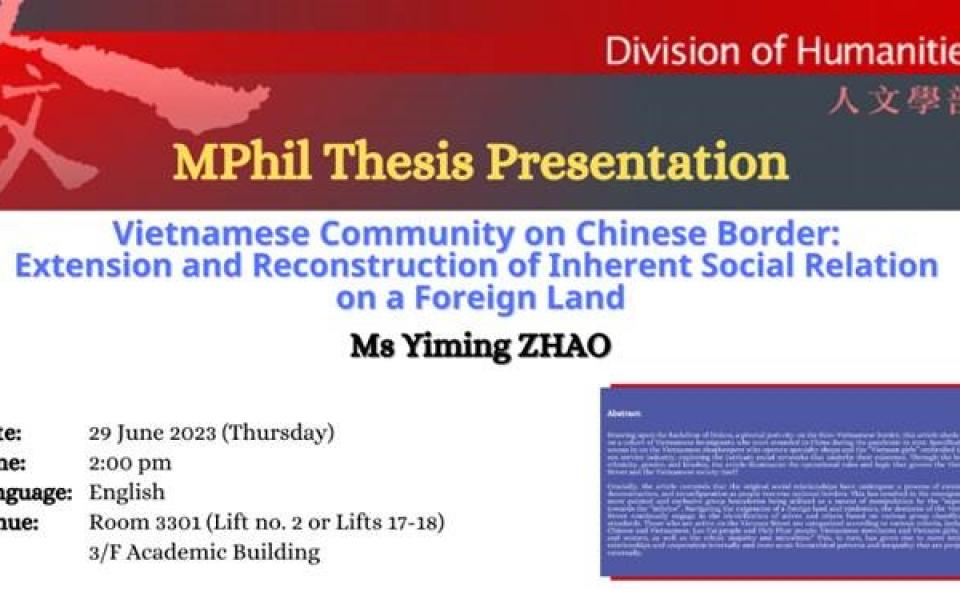ABSTRACT:
Drawing upon the backdrop of Hekou, a pivotal port city on the Sino-Vietnamese border, this article sheds light on a cohort of Vietnamese immigrants who were stranded in China during the pandemic in 2021. Specifically, it zooms in on the Vietnamese shopkeepers who operate specialty shops and the “Vietnam girls” embroiled in the sex service industry, exploring the intricate social networks that underlie their existence. Through the lens of ethnicity, gender, and kinship, the article illuminates the operational rules and logic that govern the Vietnam Street and the Vietnamese society itself.
Crucially, the article contends that the original social relationships have undergone a process of extension, deconstruction, and reconfiguration as people traverse national borders. This has resulted in the emergence of more pointed and exclusive group boundaries being utilized as a means of manipulation by the “superior” towards the “inferior”. Navigating the exigencies of a foreign land and epidemics, the denizens of the Vietnam Street continually engage in the identification of selves and others based on various group classification standards. Those who are active on the Vietnam Street are categorized according to various criteria, including Chinese and Vietnamese, Lao Cai people and Vinh Phuc people, Vietnamese merchants and Vietnam girls, men and women, as well as the ethnic majority and minorities." This, in turn, has given rise to more intimate relationships and cooperation internally and more acute hierarchical patterns and inequality that are projected externally.
